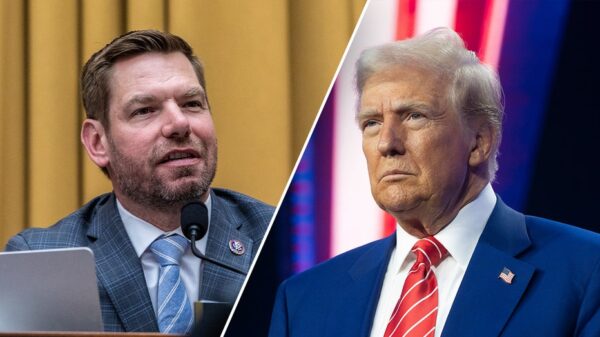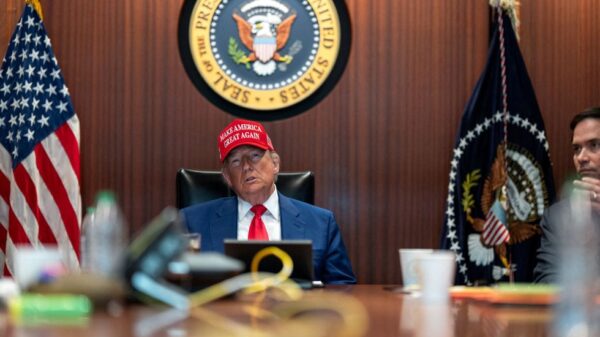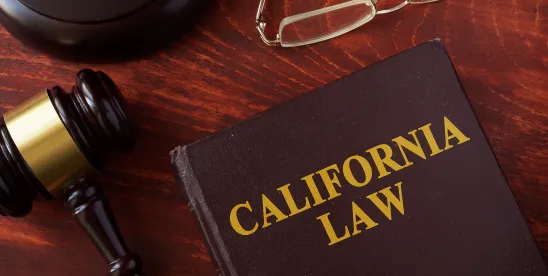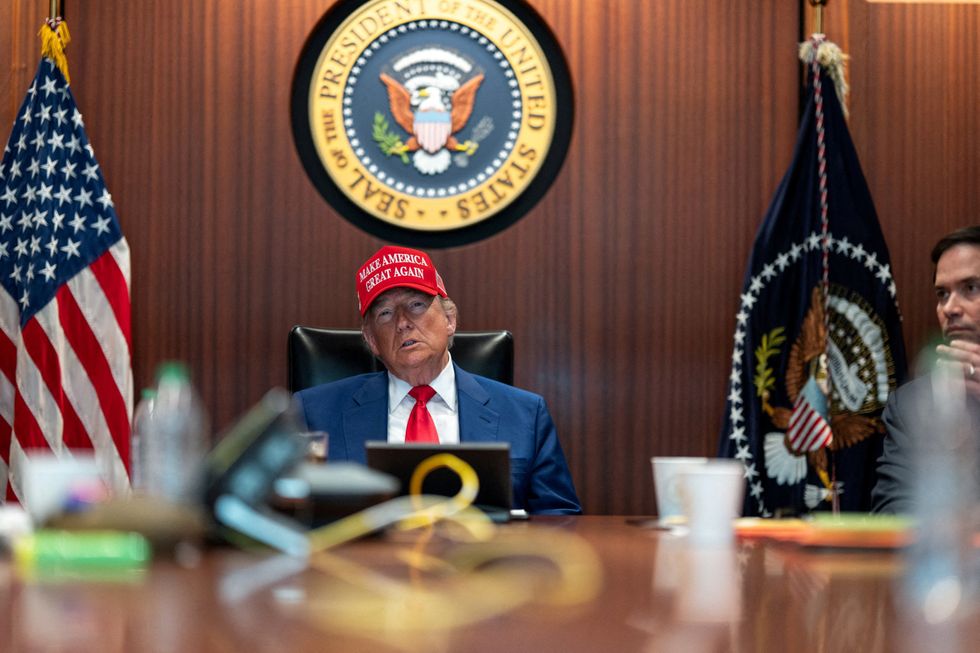UPDATE: A newly uncovered Justice Department memo is causing shockwaves by revealing a significant divide between the Trump administration’s private legal justification for deadly boat strikes in the Caribbean and the public narrative presented by President Donald Trump. This urgent development raises critical questions about the legality and ethics of the operations, which have reportedly killed over 80 people in 21 strikes.
According to sources with direct knowledge of the situation, the memo from the Office of Legal Counsel indicates that the strikes against drug cartels are framed as acts of collective self-defense on behalf of U.S. allies such as Mexico and Colombia. The internal discussions, reported by the Guardian, suggest that the rationale hinges on an unproven claim that drug cartels are waging armed violence against these governments through profits from multimillion-dollar cocaine shipments.
The memo states that the strikes are targeting these cocaine shipments, with any casualties, including civilians, categorized as enemy casualties or collateral damage, rather than murders. This stark legal reasoning sharply contrasts with Trump’s public explanation, which has been focused on combating U.S. overdose deaths.
A White House official responded to the report by asserting that Trump is not making a legal argument, emphasizing that his public statements remain the only explanation for why the U.S. is conducting missile strikes. However, critics argue that the legal justification presented in the memo is fraught with issues. Law professor Martin Lederman, a former deputy assistant attorney general, pointed out, “A significant problem with this theory is that they still have not identified any state that’s engaged in an armed conflict with a particular cartel.”
As this developing situation unfolds, the Pentagon has yet to comment on the memo’s implications. The timing of this revelation coincides with the arrival of the USS Gerald R. Ford, the world’s most advanced aircraft carrier, in the Caribbean, raising further concerns about U.S. military engagement in the region.
The stakes have never been higher as public scrutiny intensifies over the Trump administration’s military actions against drug cartels. What happens next remains to be seen, but this urgent situation demands immediate attention. As details continue to emerge, the implications of this legal rationale could have far-reaching effects on U.S. foreign policy and military strategy.
Stay tuned for more updates as this story develops. The ramifications of the DOJ memo could alter the landscape of U.S. involvement in combating drug cartels in the Caribbean and beyond.





































































